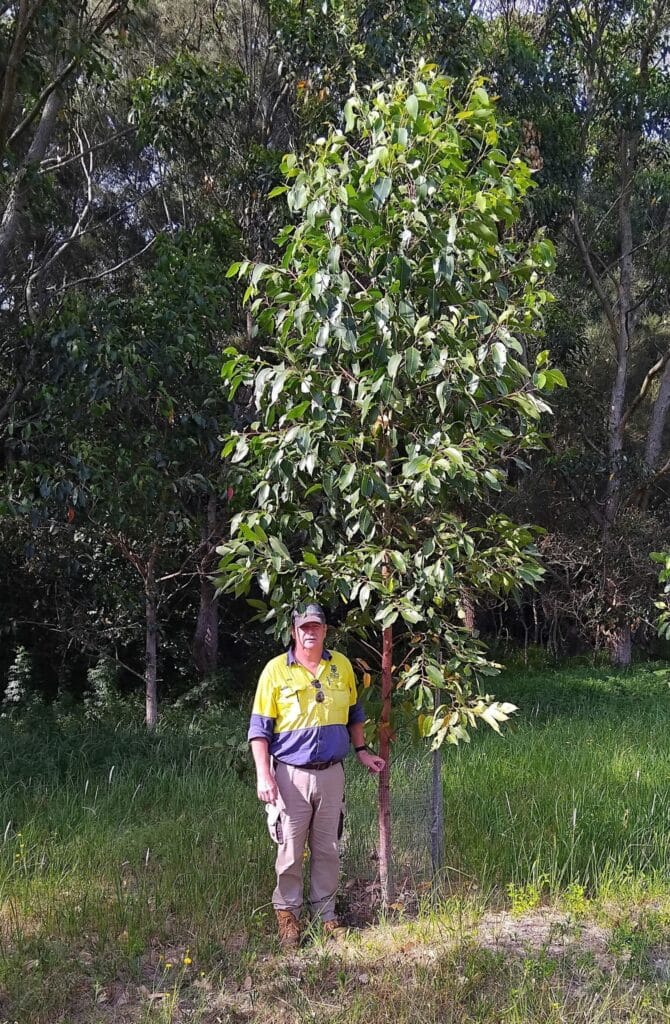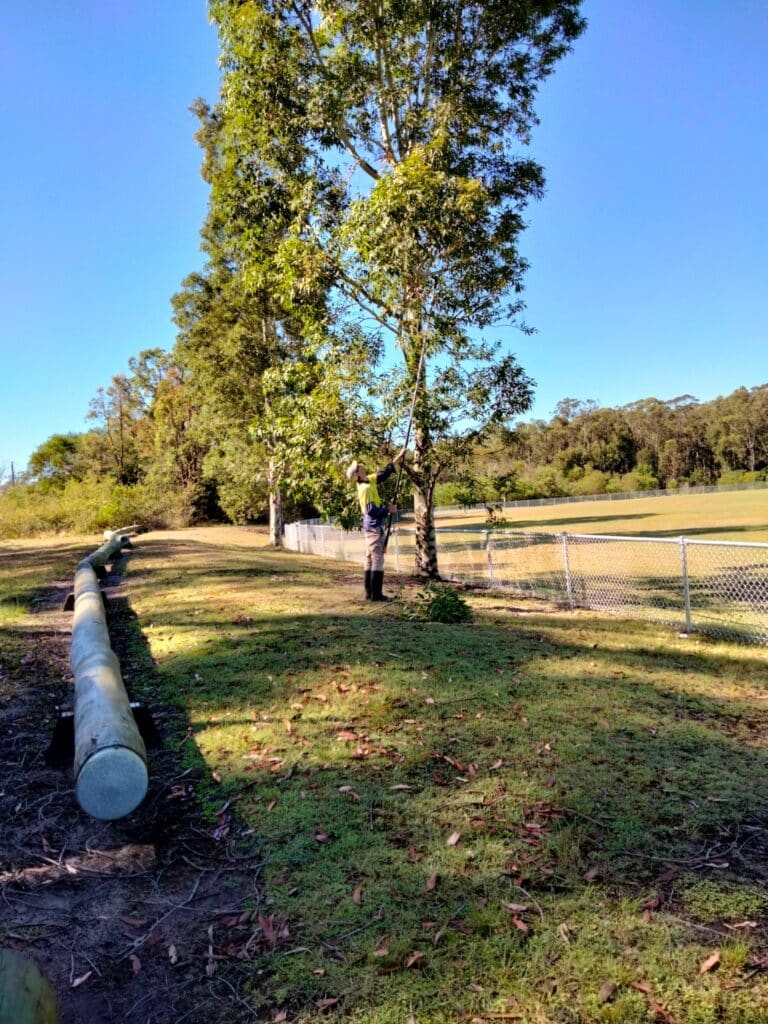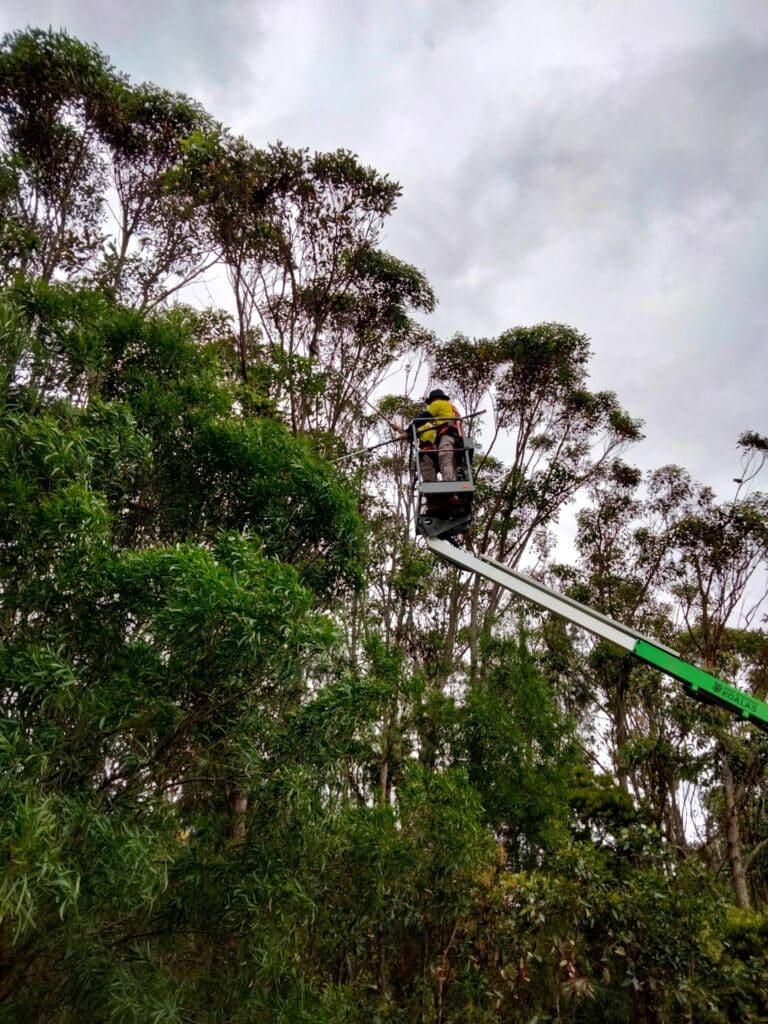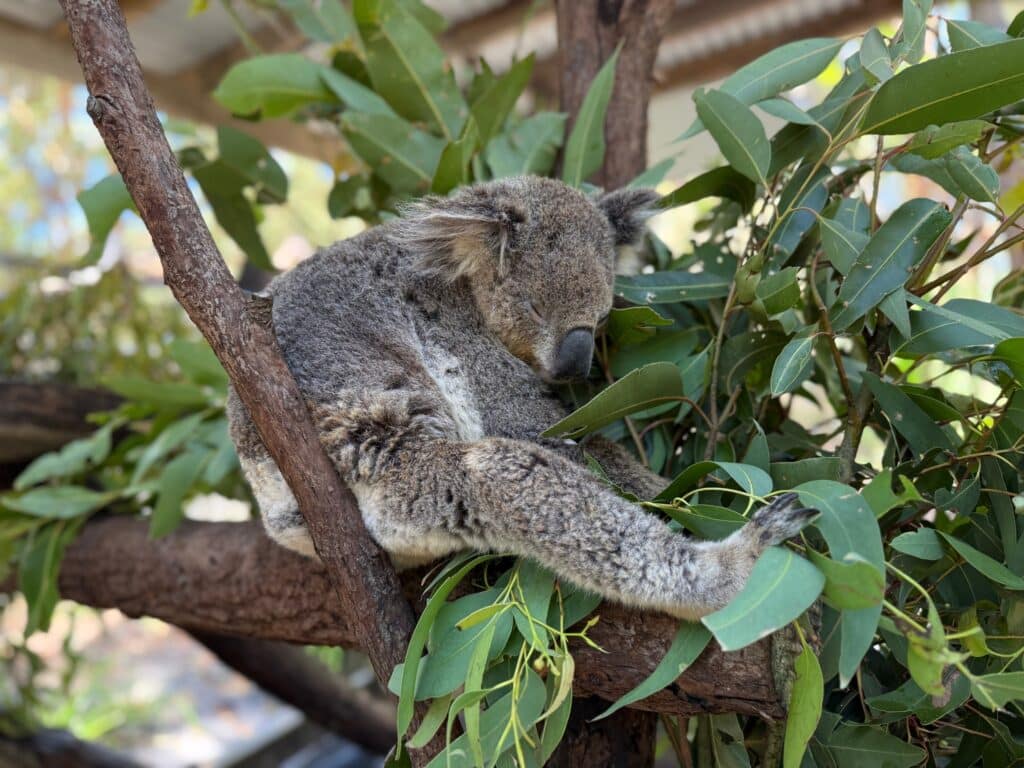Caring for Koalas was broadcast on Gardening Australia, highlighting the incredible work of veterinary and wildlife rescue volunteers in Port Stephens who not only feed and rehabilitate injured koalas but also cultivate eucalyptus plantations vital for their survival.
Aussies love native flora and fauna—and this cute and cuddly creature is no exception. Koalas, which are officially classified as endangered due to extreme weather events and habitat loss from urbanisation are one of Australia’s most loved native animals. However, in urban areas, car strikes remain one of the biggest threats to koalas. Habitat destruction has also left koalas increasingly susceptible to diseases like Chlamydia, which often flares up when their environment changes, such as when new developments encroach on their territory.
In a sleepy town called Clarence on the NSW North Coast, a passionate group of locals are dedicated to rehabilitating injured koalas and restoring their habitat. Following rescue, the workers at Port Stephens Koala Hospital take great care in feeding sick and injured koalas. While koalas are known to eat eucalyptus, they are picky eaters favouring only about 10% of eucalyptus species. As you can imagine, feeding them is no small task with a single koala in care requiring around 1,000 trees.
To keep up with demand, plantations are cultivated by a small team that has the huge task of looking after a few plantations that are specifically grown for koalas, which are their main source of food at the hospital. Some trees undergo a process called pollarding, which involves pruning them back to hip height to encourage lush new side stems and fresh foliage. Each koala is fed two fresh branches daily and as many as 30 koalas are in care at any given time. The team stay busy pruning trees every day to provide enough food.



In Port Stephens, the preferred species are Eucalyptus robusta and Eucalyptus tereticornis, but koalas brought in from just 100km along the coast will need different species to suit their gut health. When koalas are rescued, they are strictly fed eucalyptus species of their preference, varying from region-to-region.
To further combat habitat loss, conservationists have planted koala corridors to reconnect fragmented landscapes, ensuring that once rehabilitated, koalas can return to safe, sustainable environments. With a vision to help avoid the distinction of koalas, Port Stephens Koala Hospital’s rescue volunteers are available 24 hours a day, 7 days a week by contacting 1800 775 625.
You can adopt a koala or support their work with a donation.

